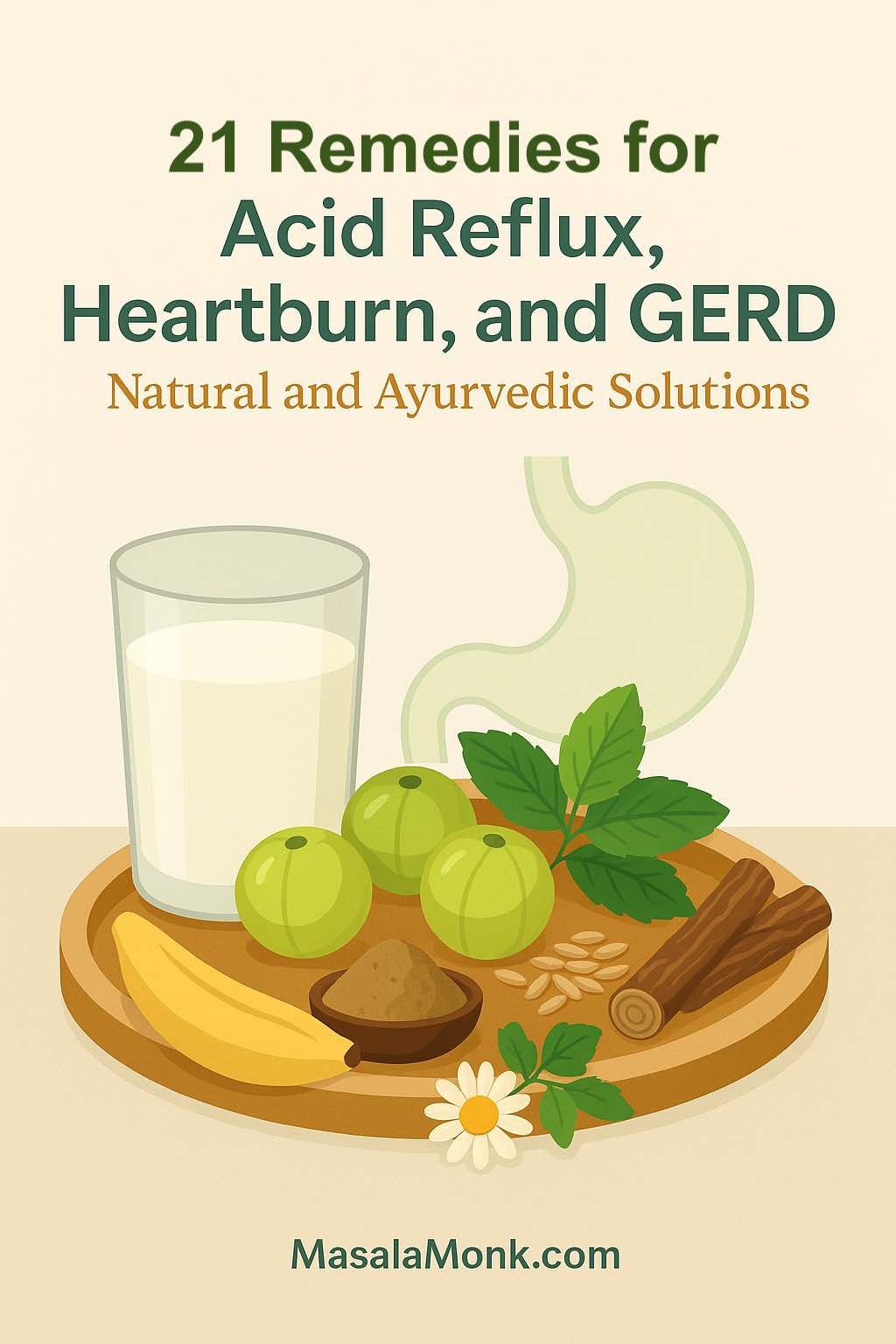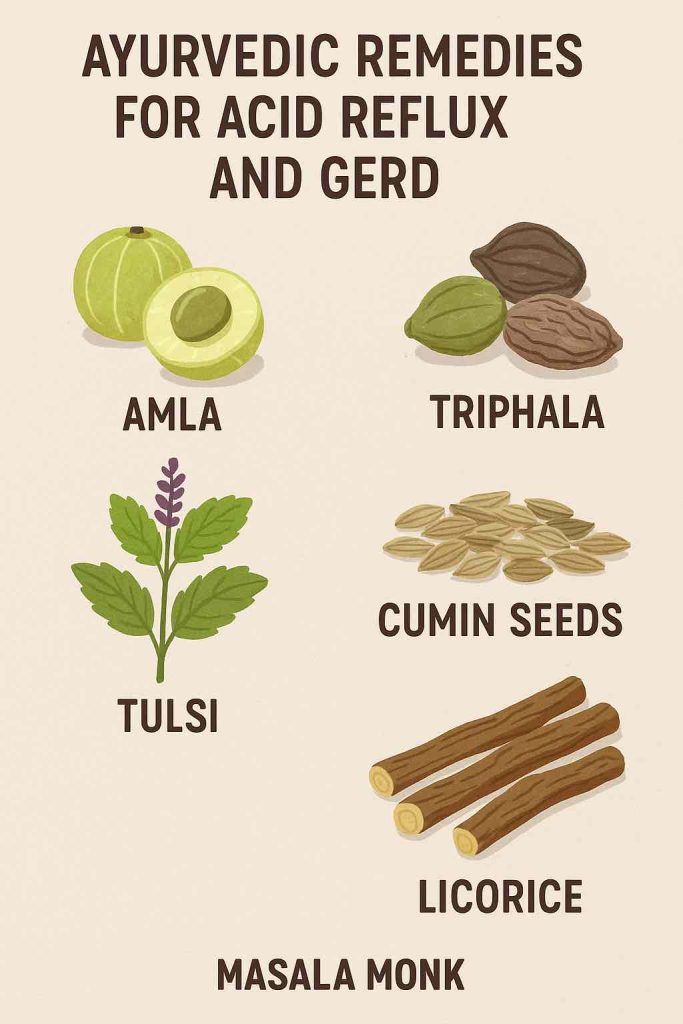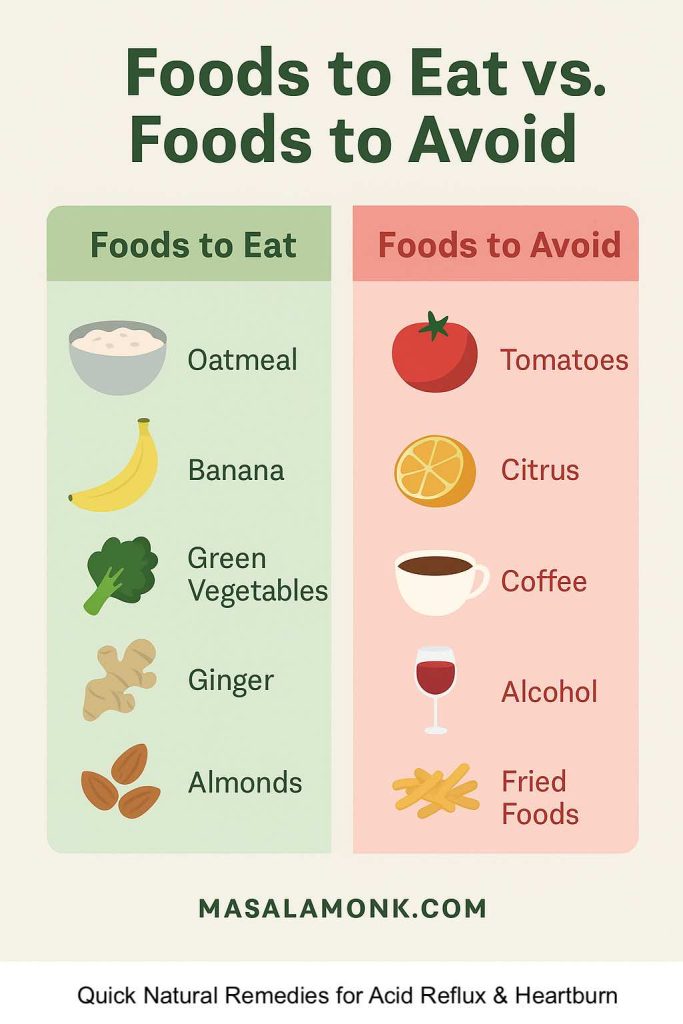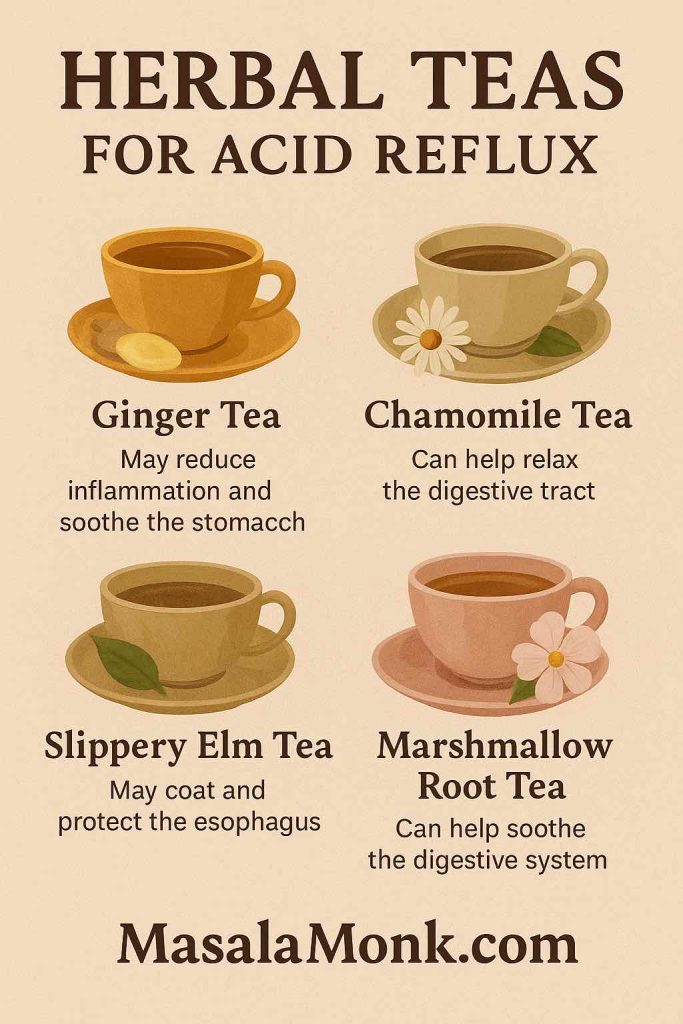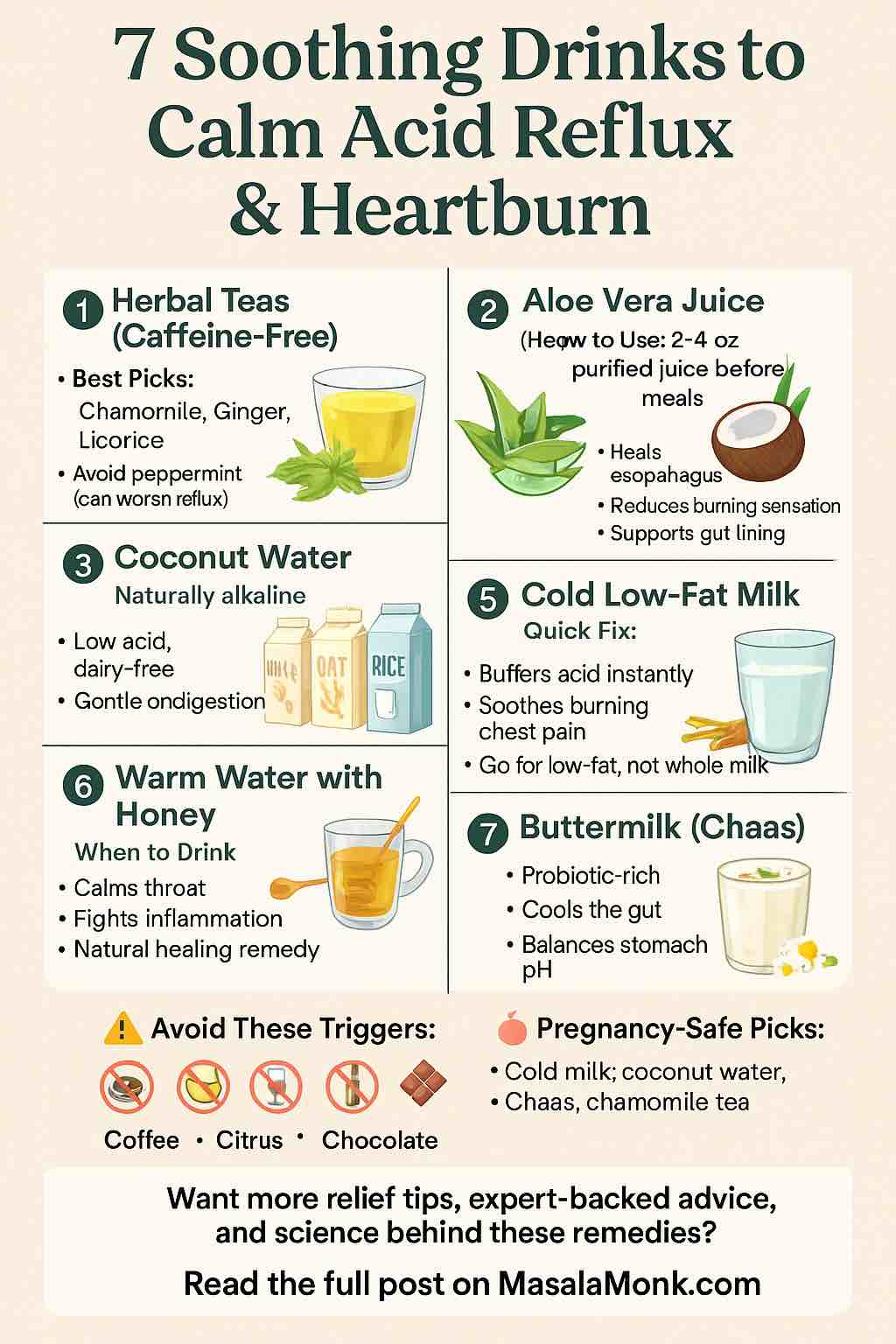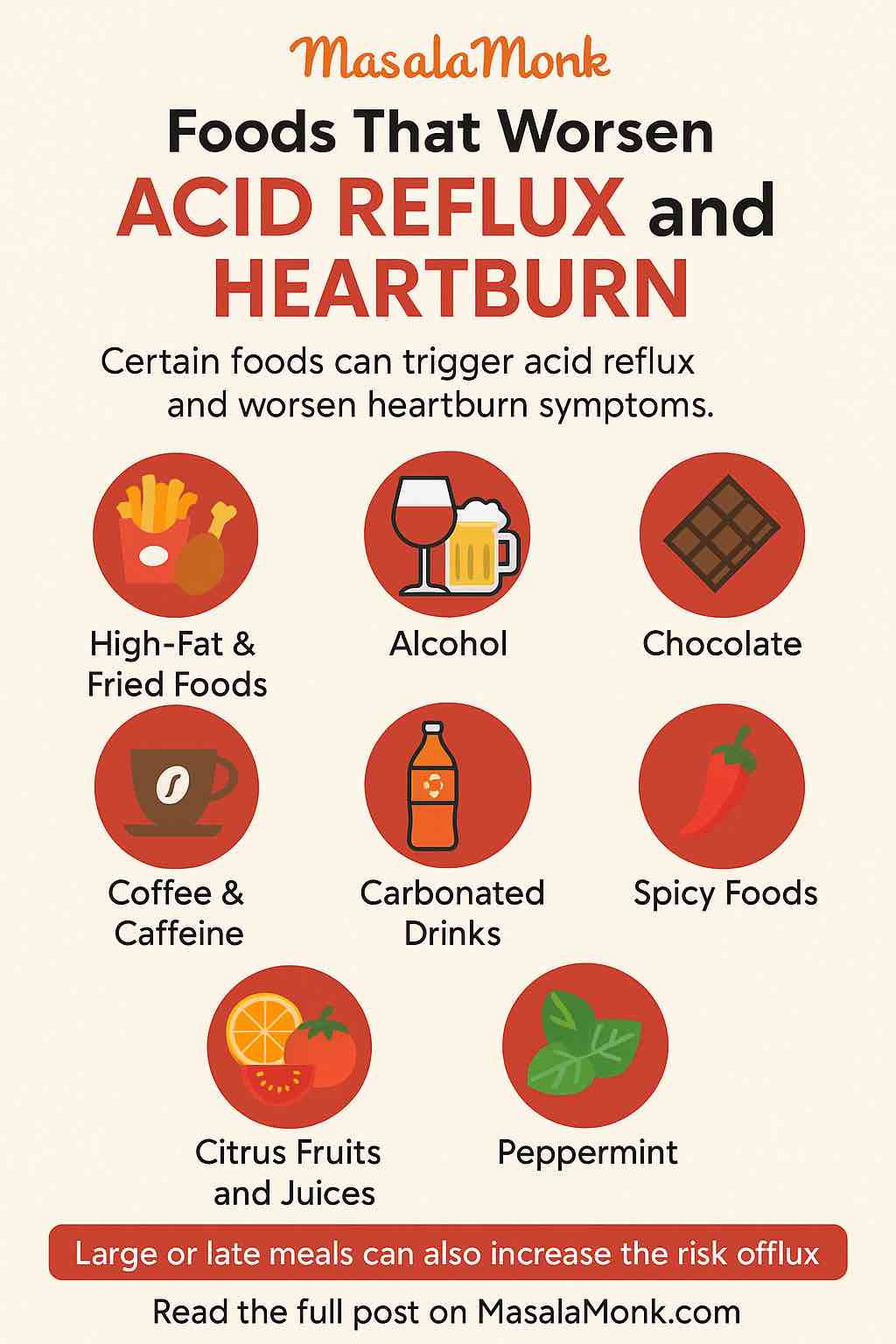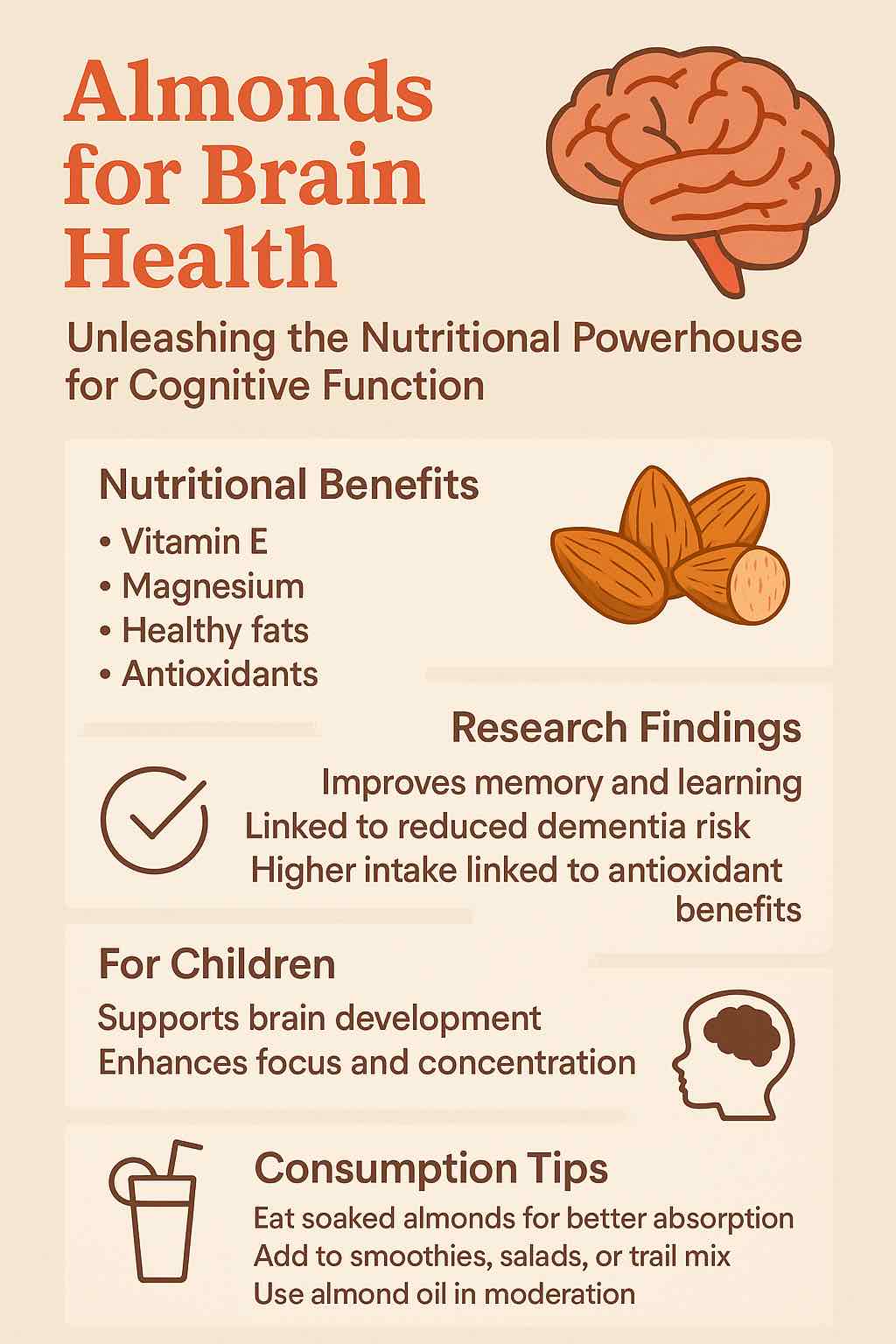
For generations, people across cultures have believed that almonds—badam in Hindi—are true brain food. Parents often encourage children to eat soaked almonds before school, while wellness experts recommend them to sharpen memory, boost focus, and support long-term cognitive health. Moreover, almonds hold a special place in traditional medicine for enhancing brain power naturally.
However, beyond cultural wisdom, modern research is beginning to explain why almonds are so beneficial for the mind. Studies now show that almonds can positively influence cognition, memory, and even brain development in children. In addition, their unique mix of antioxidants, vitamins, and healthy fats makes them one of the most effective foods for supporting mental clarity.
In this post, we’ll explore the latest science behind almond benefits for the brain, discover practical ways to consume them daily, highlight the role of almond oil, and share tips for seamlessly integrating almonds into your routine. As a result, this guide will help you unlock the full potential of almonds as a natural brain booster.
🌿 Why Almonds Are Good for the Brain Health & Power
Almonds are far more than a crunchy snack. In fact, they are a nutritional powerhouse that has been linked to sharper memory, better focus, and long-term brain protection. Moreover, modern research continues to uncover new compounds in almonds that make them an excellent food for cognitive wellness.
Here’s why almonds and brain health are so closely connected:
- Vitamin E – This powerful antioxidant protects neurons from oxidative damage. As a result, it helps slow down age-related cognitive decline and supports sharper memory.
- Magnesium – Essential for neurotransmitter activity, magnesium plays a key role in calming the nervous system. In addition, it reduces brain fog and improves clarity of thought.
- Healthy fats (MUFA & PUFA) – These good fats strengthen brain cell membranes and improve communication between neurons. Therefore, almonds help provide steady energy for mental performance.
- Protein & Amino acids – Compounds such as riboflavin and L-carnitine have been linked to better memory and learning ability. For example, they may improve recall and concentration in students and professionals alike.
- Polyphenols & Bioactive compounds – Interestingly, researchers have discovered over 530 phytochemicals in almonds. Together, they reduce inflammation, protect brain cells, and promote long-term almonds brain health.
👉 Curious about different types of almonds and which ones work best? Read 7 Types of Almonds & How They Boost Your Health.
📊 Research: Almonds and Cognitive Function
Recent studies have put almonds under the microscope to see if the old wisdom holds up:
- Human Trials: A 6-month randomized trial found that 3 oz (~85 g) of almonds daily improved visual memory, learning, and spatial planning in adults, even if overall cognition shifts were small.
- Meta-Analyses (2025): Higher almond intake (≥60 g/day) is consistently linked to stronger antioxidant defense, cellular protection, and cognitive support. Smaller doses (like 5–6 almonds) may not deliver measurable benefits in trials.
- Observational Studies: People who ate nuts daily had up to a 17% lower risk of dementia, with almonds being a major contributor due to their Vitamin E content.
- Animal Studies: Almond-fed rats showed improved memory retention and protection against amnesia, likely due to higher acetylcholine levels in the brain.
👉 For a detailed look at almonds and memory pathways, check Lick It or Munch It, Your Brain Needs Almond!.
🍼 Almonds for Brain Development in Children
In many households, soaked badam (almonds) is considered the very first “supplement” for children. Traditionally, parents believe it sharpens memory and boosts concentration. Interestingly, modern science now supports this ancient wisdom, showing why almonds for brain health are especially valuable during the growing years.
- Riboflavin and L-carnitine – These nutrients promote brain growth and improve memory retention. As a result, children may experience better recall and learning capacity.
- Vitamin E – This powerful antioxidant protects developing neurons from oxidative stress. Moreover, it contributes to long-term brain resilience.
- Magnesium – Known as the “calming mineral,” magnesium supports focus and reduces hyperactivity-related issues. In addition, it helps regulate neurotransmitters linked to mood and concentration.
Therefore, adding just a handful of soaked almonds to a child’s morning routine can provide a natural, research-backed boost for memory, focus, and overall cognitive development.
👉 For more on portion sizes and memory-focused routines, see Almonds for Brain, Memory, and Concentration.
🥛 Why Soaked Almonds Are Better
Why do parents insist on soaking almonds overnight? Science explains:
- Soaking removes tannins and enzyme inhibitors in the skin, improving nutrient absorption.
- Bioavailability of Vitamin E, magnesium, and antioxidants increases.
- Soaked almonds are easier to chew and digest—important for kids and elders.
👉 Want to know the full benefits? Dive into 10 Benefits of Eating Soaked Almonds Everyday.
🧴 Almond Oil Benefits for Brain
Beyond the nut, almond oil has its own place in brain health traditions. Used in Ayurveda for head massages, almond oil is believed to:
- Improve relaxation and sleep quality, which directly supports brain function.
- Reduce stress hormones like cortisol.
- Nourish the nervous system via topical absorption of Vitamin E and fatty acids.
Modern science backs some of these benefits, especially its role in reducing inflammation and supporting nerve health.
🍽️ Practical Ways to Include Almonds
Almonds are incredibly versatile, which makes it simple to add them to your everyday meals. Moreover, small changes in your diet can bring long-term benefits for memory and focus. Here are some easy and delicious ways to enjoy almonds daily:
- 🌅 Morning Brain Boost – Start your day with 7–10 soaked almonds on an empty stomach. As a result, your body absorbs their nutrients better, giving your brain the fuel it needs for sharper focus.
- 🥤 Smoothies & Shakes – Blend almonds with milk, banana, and honey to create a creamy, memory-friendly drink. In addition, this is a great option for children and students who need sustained energy.
- 🥗 Smart Snacks – Mix roasted almonds with walnuts and pistachios for a brain-power trail mix. This combination provides antioxidants, omega fats, and vitamins that work together to support cognitive health.
- 🍧 Nutty Toppings – Sprinkle almond flakes over oats, yogurt, or salads. Not only do they add crunch, but they also boost the nutrient value of your meal.
- 🧴 Almond Oil – Use almond oil in moderation for cooking or as a finishing drizzle. Furthermore, it adds healthy fats and Vitamin E to your diet, both of which are vital for brain function.
By including almonds in these simple ways, you can consistently support almonds and brain health without making drastic changes to your routine.
👉 Want to explore nut combinations for mental performance? Check Nuts for Brain Health: Unleashing the Power of Nature’s Brain-Boosting Snacks.
⚖️ How Many Almonds Per Day for Brain Health?
- Children: 5–7 soaked almonds daily.
- Adults: 10–15 almonds daily (~30–45 g).
- For Research-Based Cognitive Benefits: Around 60–85 g/day (about 2–3 handfuls).
⚠️ Important: Almonds are calorie-dense (~575 kcal per 100 g). Balance with your diet and avoid overconsumption if managing weight.
🌍 Beyond the Brain: Indirect Benefits That Protect Cognition
Almonds also help brain health indirectly by improving conditions that often harm cognition:
- Heart & Vascular Health – Lower LDL cholesterol, better blood flow to the brain.
- Blood Sugar Regulation – Almonds stabilize glucose, reducing risk of diabetes-linked dementia.
- Gut-Brain Axis – Fiber and prebiotics improve gut health, which influences mood and cognition.
- Anti-Inflammatory Effects – Fewer inflammatory markers = lower brain aging risk.
👉 For a walnut vs almond comparison in cognitive health, see Nourish Your Brain: The Benefits of Nuts and Walnuts for Cognitive Function.
✨ Final Thoughts
From ancient Ayurvedic traditions to cutting-edge modern science, almonds (badam) remain one of the most trusted foods for memory, learning, focus, and long-term brain health.
- Want sharper recall? Add a handful of almonds daily.
- Want to protect your brain as you age? Consistency with almonds may help.
- Want to give kids a natural cognitive edge? Soaked almonds are a time-tested practice.
They’re not a magic bullet, but paired with a healthy lifestyle, almonds can be your daily ally in building a sharper, healthier mind.
FAQs
1. What are the benefits of almonds for the brain?
Almonds are rich in Vitamin E, healthy fats, and magnesium. As a result, they protect brain cells, enhance memory, and improve overall cognitive performance.
2. Are almonds good for brain health?
Yes, almonds are excellent for brain health. Moreover, eating them regularly helps sharpen focus, increase alertness, and slow down age-related memory loss.
3. Why are almonds called brain food?
Almonds supply steady energy and boost neurotransmitters like acetylcholine. Therefore, they are often called “brain food” because they support memory and focus.
4. Is almond oil good for the brain?
Almond oil is a source of Vitamin E and essential fatty acids. In addition, it reduces stress, improves sleep, and nourishes the nervous system, which indirectly supports brain health.
5. How many almonds should I eat daily for brain benefits?
For daily wellness, 10–15 almonds are enough. However, studies suggest that eating 60–85 grams (2–3 handfuls) per day may offer stronger cognitive benefits.
6. Are soaked almonds better for the brain than raw almonds?
Yes, soaked almonds are easier to digest. Furthermore, soaking improves nutrient absorption, which makes their brain-supporting properties even more effective.
7. Can children eat almonds for brain development?
Absolutely. For example, school-age children can benefit from 5–7 soaked almonds daily. This routine helps with focus, memory, and overall brain development.
8. Do almonds improve memory and concentration?
Yes, almonds contain riboflavin and L-carnitine. As a result, they boost memory retention, support concentration, and keep the mind sharp.
9. Can almonds help prevent memory loss or dementia?
Although almonds cannot cure dementia, they reduce oxidative stress and inflammation. Therefore, long-term almond consumption may lower the risk of memory-related conditions.
10. Is badam good for the brain?
Yes, badam (the Hindi word for almonds) is well-known for improving memory and focus. Similarly, modern studies confirm that eating badam regularly supports learning and brain health.







